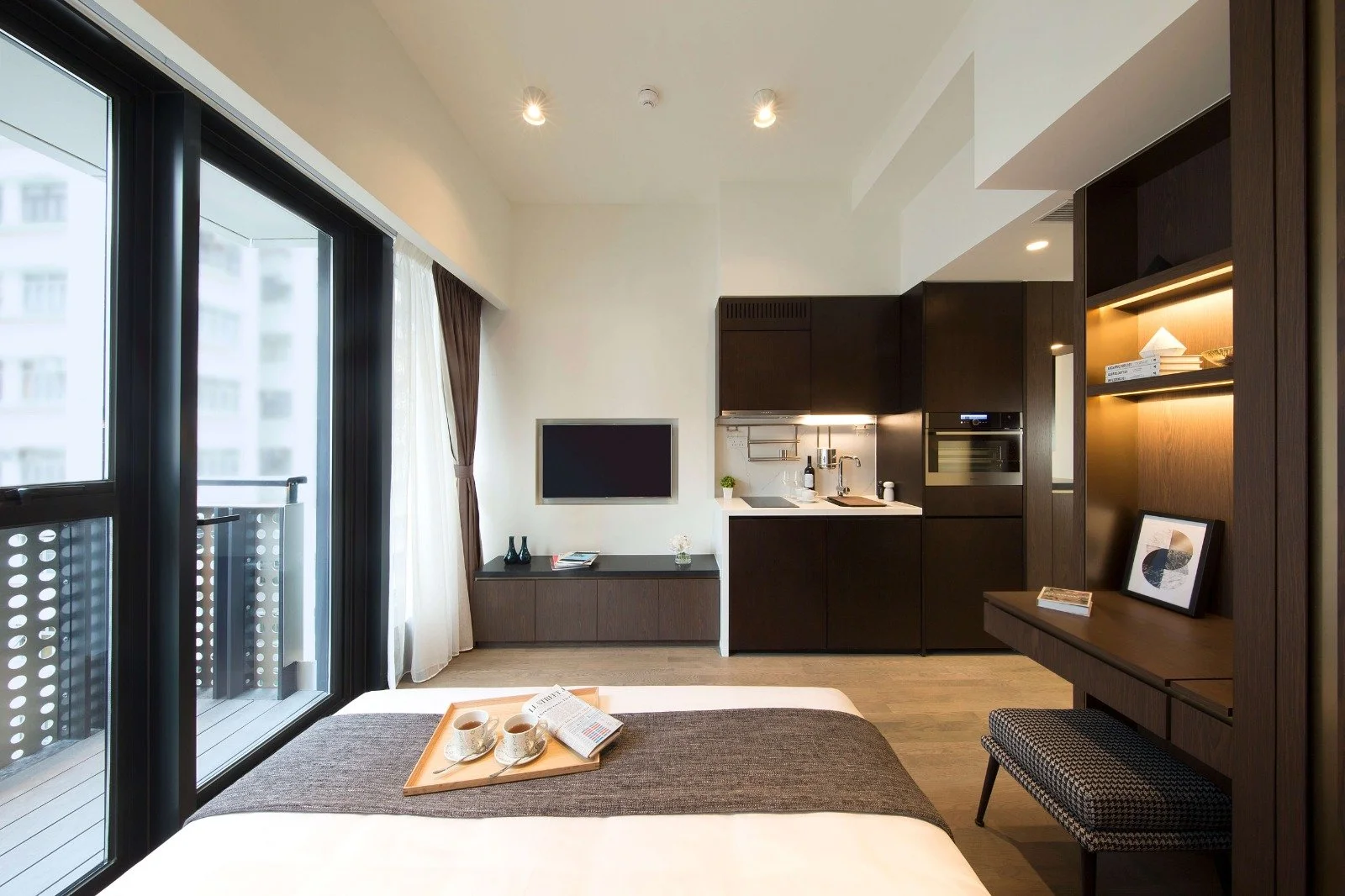Remote Work: How Serviced Apartments Cater to Digital Nomads
Serviced Apartments Adapt to Remote Work with Coworking Spaces and Amenities.
With the rise of remote work, serviced apartments are quickly adapting to the needs of digital nomads, business travelers, and other professionals who require a comfortable, productive workspace away from home. Here are some ways serviced apartments are adapting to remote work:
Designated Workspaces: One of the key features of serviced apartments is that they provide ample space for guests to work. To cater to remote workers, many serviced apartments now feature designated workspaces, such as a desk or table with a comfortable chair, ample lighting, and accessible electrical outlets. Some even provide a second room or partitioned space that can be used as a private office.
High-Speed Internet: A reliable internet connection is essential for remote workers, and serviced apartments are well aware of this. Many apartments are now equipped with high-speed internet connections to meet the demands of remote workers. In some cases, they may even offer dedicated internet connections for individual apartments or floors.
Coworking Spaces: As remote work becomes more common, some serviced apartment providers are incorporating coworking spaces into their buildings. These spaces provide a place for guests to work outside of their apartments and to collaborate with other professionals. Coworking spaces often have amenities like printing facilities, meeting rooms, and communal areas for networking.
Flexible Length of Stays: One of the biggest advantages of staying in a serviced apartment for remote work is the flexibility in length of stays. Serviced apartments typically offer shorter-term rentals than traditional apartments, making them ideal for professionals who need to stay in a new city for a few weeks or months. Some serviced apartments even offer special rates for long-term stays.
Additional Amenities: To make the experience more comfortable and convenient for remote workers, many serviced apartments offer additional amenities like laundry facilities, grocery delivery services, and even fitness centers. This allows guests to take care of their daily needs without leaving the comfort of their apartments.
Serviced apartments are continuously evolving and adapting to the needs of remote workers. As the number of people working remotely continues to rise, serviced apartments have become an attractive alternative to traditional hotels or apartments. With a focus on providing designated workspaces, reliable internet connections, coworking spaces, flexible length of stays, and additional amenities, serviced apartments are well-positioned to meet the needs of remote workers who require a comfortable and productive workspace. As such, the demand for serviced apartments is expected to continue to grow, and providers are likely to continue to innovate and expand their offerings to better cater to the needs of this demographic.

